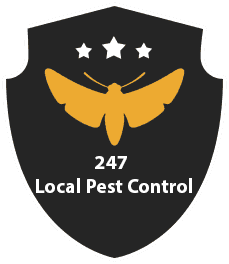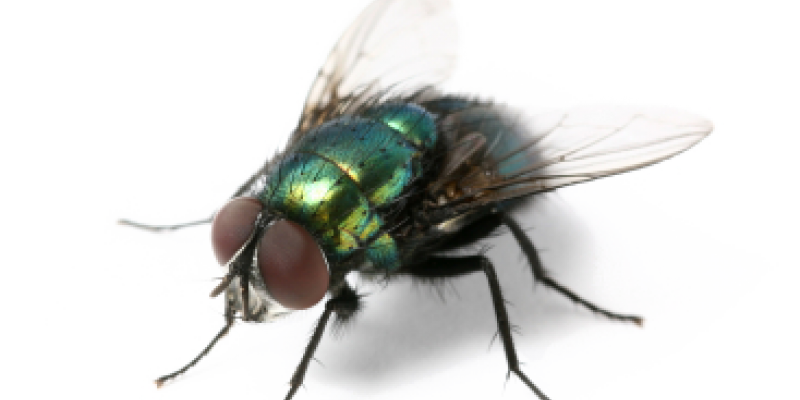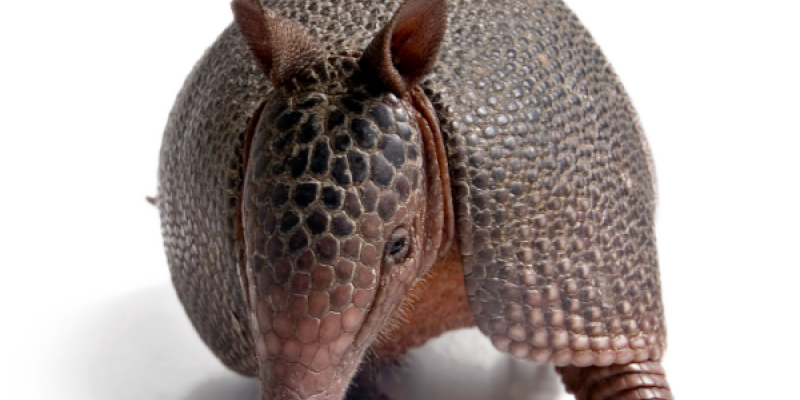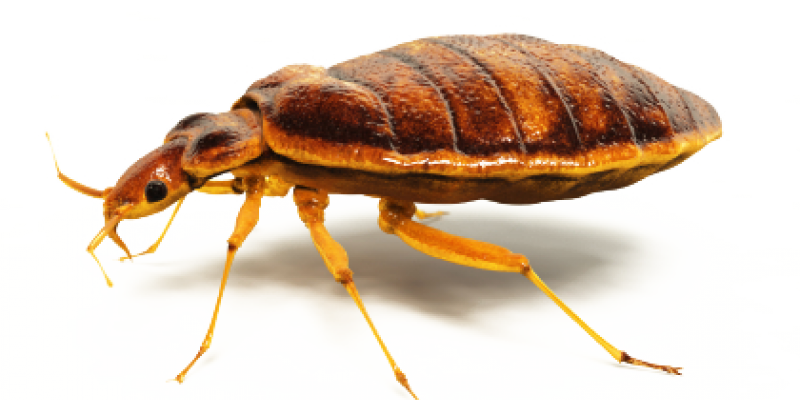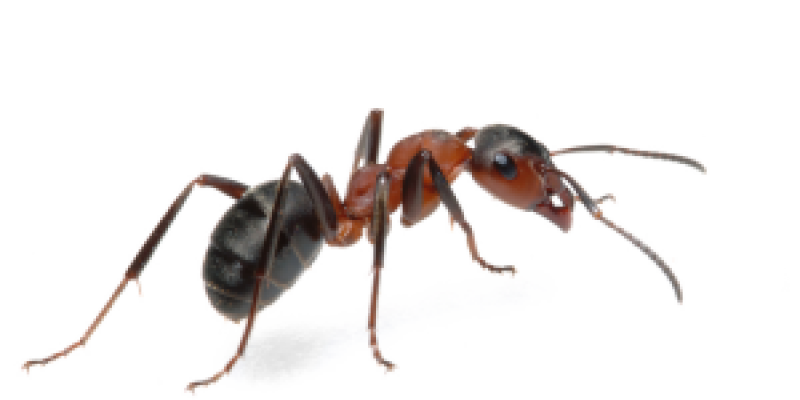Life Cycle of a Mosquito
Understanding the life cycle of a mosquito is essential for effective pest control . It helps us find ways to interrupt the mosquito life cycle, thereby reducing the number of biting adults. For instance, you may already know how important it is to remove sources of standing water from your property. Even just a bottle cap full of still water gives female mosquitoes a good place to lay their eggs, ensuring another generation of biting, blood-sucking insects. Denying them nesting sites on your property forces them to lay their eggs elsewhere. Since most mosquito species fly just 1-3 miles in their lifetime, this can significantly reduce the number of biters around your home. Similarly, understanding how the life cycle of mosquitoes changes in winter provides an important opportunity to further control the population.
The Four Stages of the Mosquito Life Cycle
There are four distinct stages to the life cycle of a mosquito: egg, larva, pupa, and adult. Although only the adult female mosquito bites people, every stage of the mosquito life cycle is essential for supporting the population of these biting, blood-sucking pests.
Mosquito Eggs
Most female mosquitoes lay their eggs on the surface of standing water. However, some prefer damp soil that will soon be flooded. Typically, mosquito eggs hatch in 24-48 hours, entering the larva stage.
Mosquito Larva
The second stage of the life cycle of a mosquito is when they become larvae (singular larva). The larva lives in standing water, coming to the surface to breathe. The larvae feed on microorganisms in the water as they grow. The growing larvae shed their skin four times, revealing a larger larva each time. After about ten days, the final shedding reveals the pupal stage.
Mosquito Pupa
In the pupal stage of the mosquito life cycle, the insect doesn’t feed. This stage is analogous to a caterpillar’s time in a cocoon. The pupa develops into the winged adult mosquito we are anxious to avoid.
Mosquito Adult
At last, the adult mosquito emerges from the pupal stage, typically in 2-3 days. Initially, the mosquito needs time for its body parts to harden before it can fly. Then, adult females begin biting people to suck their blood. They lay their eggs to begin the life cycle all over again.
Spring through fall, the mosquito life cycle rapidly repeats every 10-14 days, with many adults, eggs, larvae, and pupae coexisting in your yard. But when the temperatures drop, something strange happens.
Environmental Effects on the Mosquito Life Cycle
Mosquitoes are cold-blooded, so they are heavily affected by temperature fluctuations. They are most active in warm weather, particularly at temperatures around 80℉. The mosquito life cycle time varies by species and weather conditions, but many mosquito species complete their life cycle in 14 days at 70℉ and in just ten days at 80℉.
In colder temperatures, mosquitoes slow down. At 60℉, they grow lethargic, and they shut down at 50℉. But there are several mosquito varieties in the United States that can survive the winter, even in places where it snows. These insects continue the life cycle throughout winter, causing the two-week time frame of the mosquito life cycle to balloon to several months and, in some cases, years.
Life Cycle Process of Mosquito Diapause
It’s such a relief when mosquitoes go away in winter. But of course, they don’t actually leave, and most don’t die. Many mosquitoes simply stop biting people during the colder months, instead slipping into a form of hibernation or dormancy called diapause. This dormancy period can extend the life cycle of a mosquito by months. Shortening daylight hours and dropping temperatures signal the insects that it is time to go dormant. By entering diapause in winter, mosquitoes survive the cold, saving their energy and focusing on reproduction. This is how mosquitoes can attack the spring in undiminished numbers. Unfortunately, this is also how the diseases mosquitoes carry survive the winter.
Diapause can occur at different mosquito life cycle stages for different species. Some mosquitoes, like members of genera Culiseta, Culex, and Anopheles, enter diapause as adult insects. Come spring, they resume feeding and then breed. But those in the genus Aedes lay winter-hardy eggs that remain dormant for months until the warmer weather of spring returns. Some mosquito eggs remain dormant for years before hatching healthy, hungry larvae. These winter-hardy eggs are often submerged under ice and hatch when spring and warmer weather arrive. These four winter-hardy genera represent roughly 1500 species of mosquitoes that are active throughout the United States.
Diapause enables cold-blooded mosquitoes to survive sub-zero temperatures. However, when mosquitoes hibernate in winter, they are particularly vulnerable to pest control efforts. Mosquito control in winter can drastically cut down the population of biting pests in spring.
Mosquito Diapause and Winter Pest Control
We’ve seen that the life cycle of a mosquito can be greatly lengthened in winter by diapause. But the cold weather makes adult mosquitoes slow and lethargic, and rafts of eggs wait months to hatch. So winter time is a crucial opportunity to go on the offensive with these pest control actions:
At 247 Local Pest Control, we take winter pest control seriously. It allows us to help you get ahead of the biters so that you and your family can enjoy the outdoors in peace. In addition to our comprehensive mosquito control solutions, we offer natural pest control treatments, as well as relief from fleas and ticks. Request a quote using our online form, or give us a call at (833) 220-1001
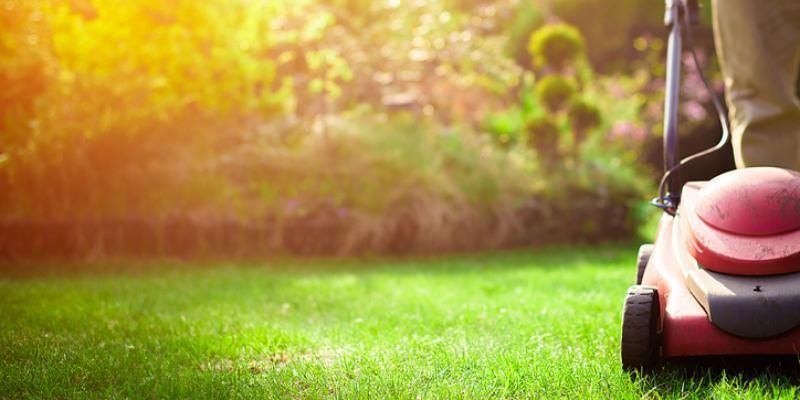
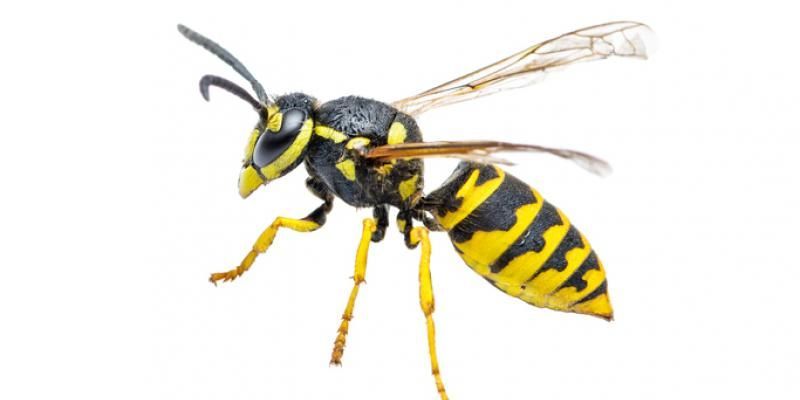
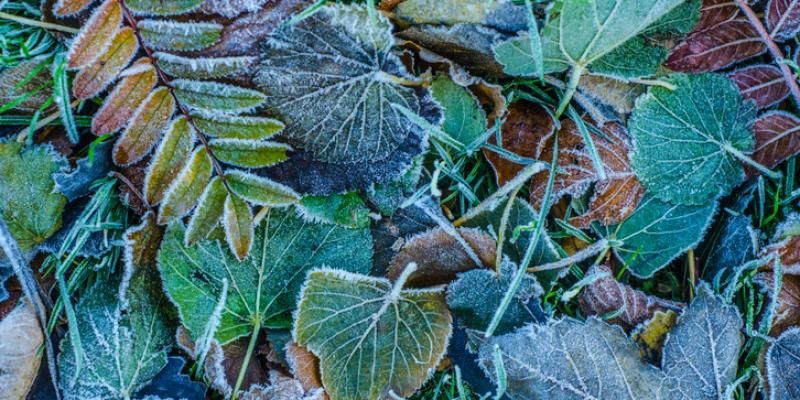
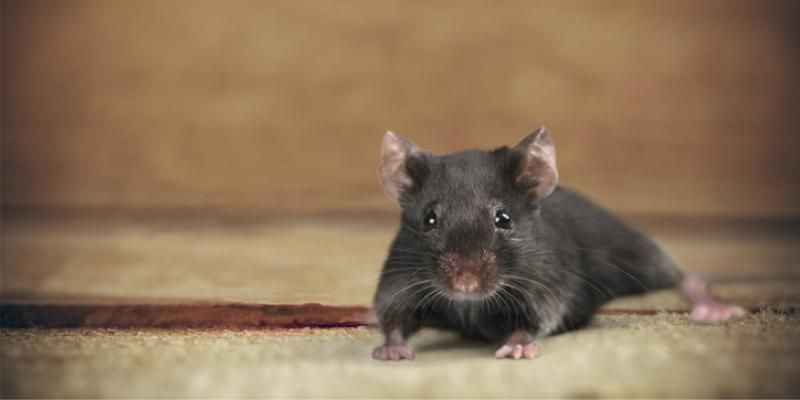
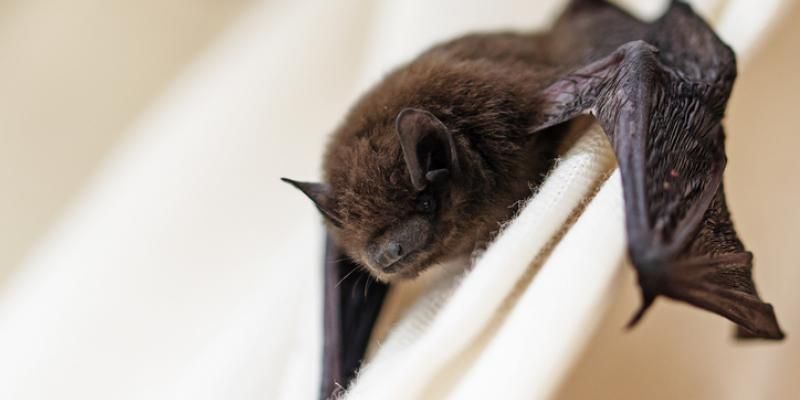
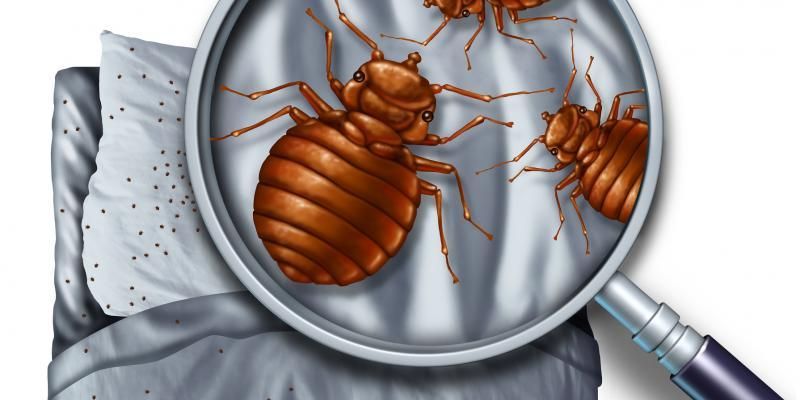
247localpestcontrol.com is a referral service that connects you with pest control service providers in your area. All pest control providers are operated independently of 247localpestcontrol.com. It is the responsibility of each user to verify that the pest control provider connected with meets all licensing and insurance requirements in that jurisdiction.
The photos on the 247localpestcontrol.com website are for design purposes only and do not represent the actual pest control services provided in your area.
Please note that pest control services may not be available in all areas, and when available, the services may vary depending on the providers available. 247localpestcontrol.com does not guarantee the availability of any specific pest control service or provider in your area.
It is recommended that you thoroughly research and vet any pest control service provider before hiring them to ensure that they meet your specific needs and requirements. 247localpestcontrol.com is not responsible for any issues or damages resulting from the services provided by any pest control service provider connected through our referral service.
